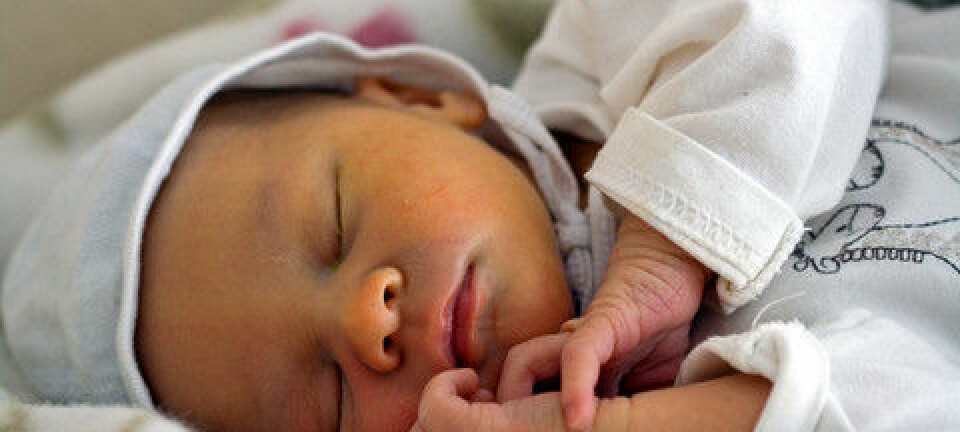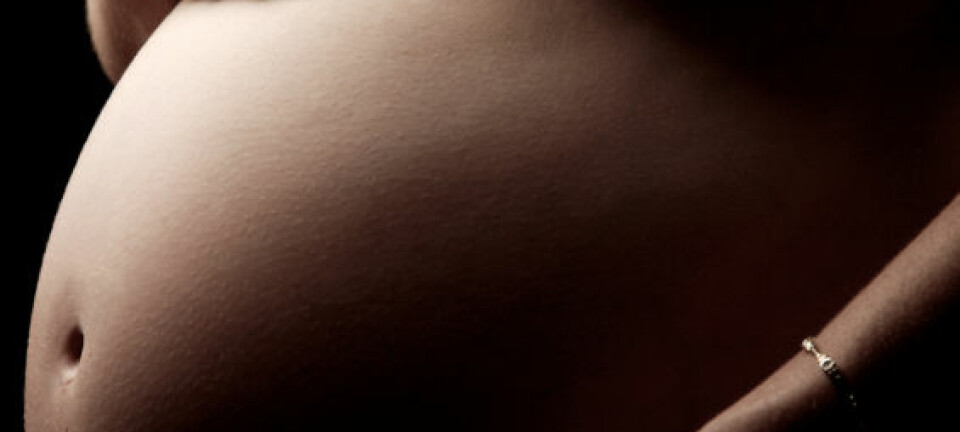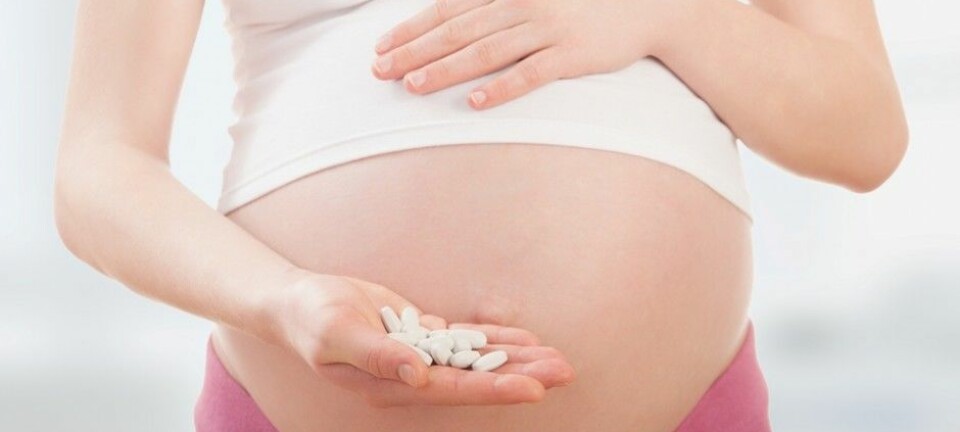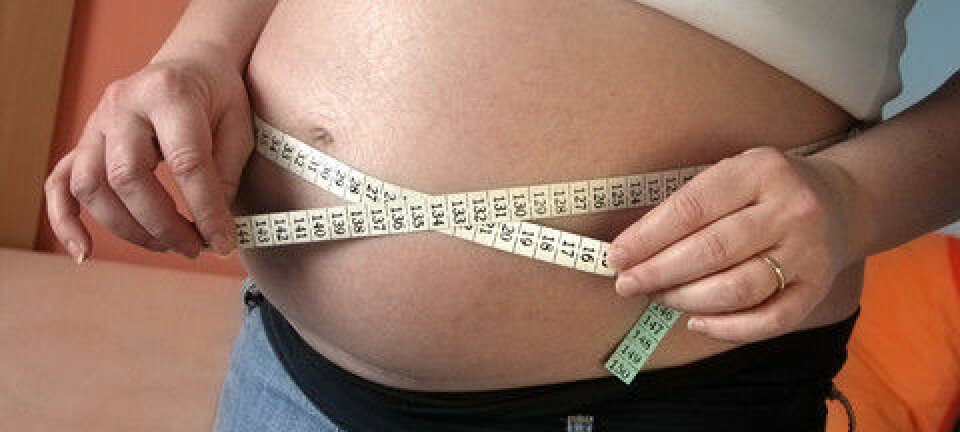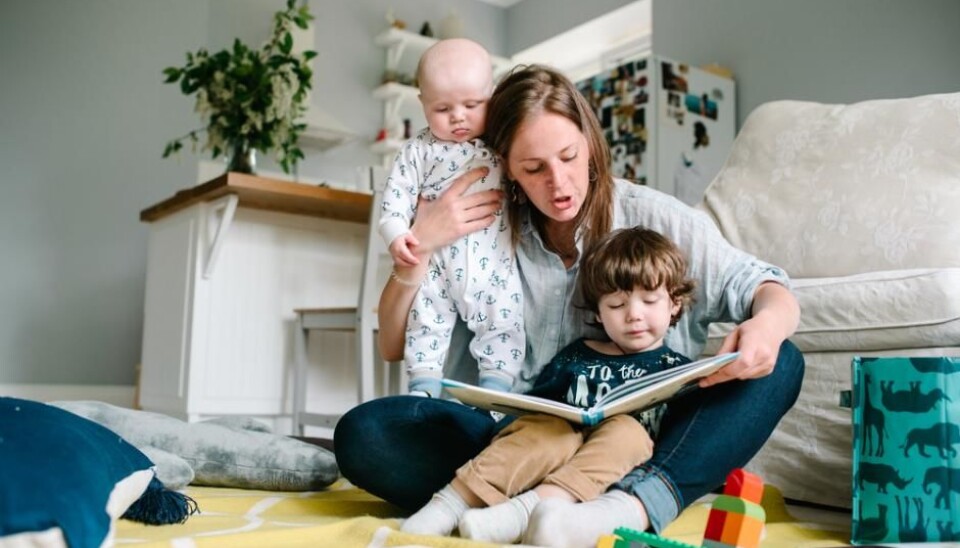
Mothers to all boys have shorter life expectancy and more illness
Women who only give birth to boys have a shorter life expectancy and run a higher risk of becoming ill compared with mothers of daughters, or both sons and daughters, shows a new Ph.D. thesis.
That old cliché that men are from Mars and women are from Venus, may have a ring of truth to it when it comes to how a foetus affects the mother’s health.
“Women that only give birth to sons have a three to four per cent higher risk of death and disease after the age of 45, when compared with women that have daughters or children of both genders. It’s a very clear result,” says Birgitte Hollegaard, author of a new Ph.D. thesis from Center for Social Evolution at the Department of Biology at the University of Copenhagen.
She has studied eight diseases and their causes among women in Denmark between 1980 and 2010 using data from the Danish National Register.
“My study shows that women who’ve only given birth to boys have a slightly higher risk of heart attack, osteoarthritis, common arthritis, ovarian cancer, breast cancer, type 2 diabetes, and obesity. It was a surprising result, especially in light of how well the Danish health care system works” says Hollegaard.
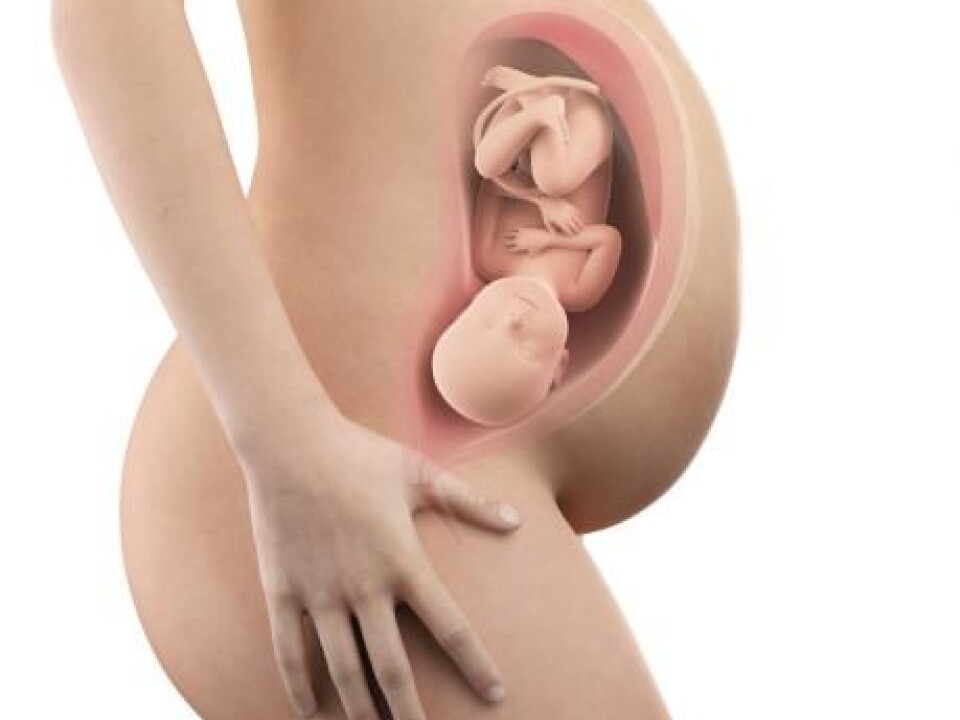
The study accounted for socio-economic factors and family size, but it did not compare the risks among women who had no children.
Read More: Higher mortality among mothers of children with birth defects
The results are clear
Virpi Lummaa studies biological anthropology at Turku University, Finland, and examined Hollegaard’s Ph.D. thesis. She too was astonished by the results.
“It’s surprising that she finds a difference in a country like Denmark, where people don’t go hungry and there’s health insurance. She has an enormous amount of data and it makes her thesis very valid and totally fantastic,” says Lummaa.
The results have also surprised Volker Loeschcke, a professor in evolution from the Department of Bioscience at Aarhus University, Denmark.
“The study is properly executed and the results are clear. It doesn’t surprise me that modern humans are still affected by evolutionary rules that have occurred throughout our development” says Loeschcke.
Read More: Can a mother’s bad diet be bad for her nursing baby?
Male foetus takes more energy from the mother
According to Hollegaard, there are two hypotheses that may explain the differences in life expectancy and illness among the women studied.
The first is that boys require more energy from the mother during the pregnancy, which could make her more susceptible to illness later in life.
For example, a male foetus uses fewer resources to build a placenta and instead use them to grow larger, says Hollegaard. “Numerous studies show that women use more calories when pregnant with boys than girls. They simply need more energy and nutrition.”
This explanation is plausible, says Lummaa. But she emphasises that that we cannot say with certainty, why these diseases occurred.
“Boys are often heavier and therefore take more resources from the mother during pregnancy. A disease like diabetes can perhaps occur more often, because sons need more nutrition than daughters, and in that way, they “steal” it from the mother,” she says.
Read More: Bad relationships increase infection risk in both mother and child
The grandmother hypothesis
The other explanation is linked to natural selection and called the “grandmother hypothesis.”
The hypothesis states that a maternal grandmother has an evolutionary advantage over a paternal grandmothers, which could also explain why mothers of sons have a shorter life expectancy.
“Maternal grandmothers help with childcare because they are more certain that the grandchildren bear their genes through the mother. Paternal grandmothers don’t have the same degree of certainty of whether their son is really the child’s father, and so they unconsciously give fewer resources to them. In that way, maternal grandmothers are more genetically valuable for the family than a paternal grandmother,” says Hollegaard.
Loeschcke is familiar with the grandmother hypothesis and agrees that maternal grandmothers have a particular function in the family.
“Maternal grandmothers have a particular evolutionary function. Numerous studies show that it makes a difference as to whether there is a maternal grandmother in the house or not,” he says.
This is, however, only one possible explanation to the new results, he says.
Read More: Children of older mothers face greater risk of hereditary disease
Both hypotheses are likely
Hollegaard recognises that it can sound strange to say that grandmothers on the female side of the family help out more with the grandchildren than paternal grandmothers.
“It’s very important to stress that it happens unconsciously. It’s the genes that work for us and make a little difference here. But it also means that there is an advantage that maternal grandmothers live longer and help to raise the family, since she provides more resources. A paternal grandmother who dies younger is, in a genetic perspective, not such a big loss for the family, as she provides them with fewer resources,” she says.
But these hypotheses are not mutually exclusive, she says.
“Both can play a role. It can be both physiological reasons—that foetuses use different amount of energy—and an evolutionary hypothesis based on natural selection. I don’t have any preference for either since they are not mutual exclusive,” says Hollegaard.
But there is no need to panic if you are a mother to only boys, says Lummaa.
“The study shows that there are differences in life expectancy among mothers of all boys in comparison to the rest, but compared to women smoke or don’t exercise, it’s still much worse to have a bad lifestyle,” she says.
---------------------
Read the full story in Danish on Videnskab.dk
Translated by: Catherine Jex
Scientific links
- Using large-scale public health data to explore the evolutionary biology of human pregnancy and child bearing (2017)
- The Role of Grandparents in the lives of Youth (2012)
- Average energy intake among pregnant women carrying a boy compared with a girl (2003)
